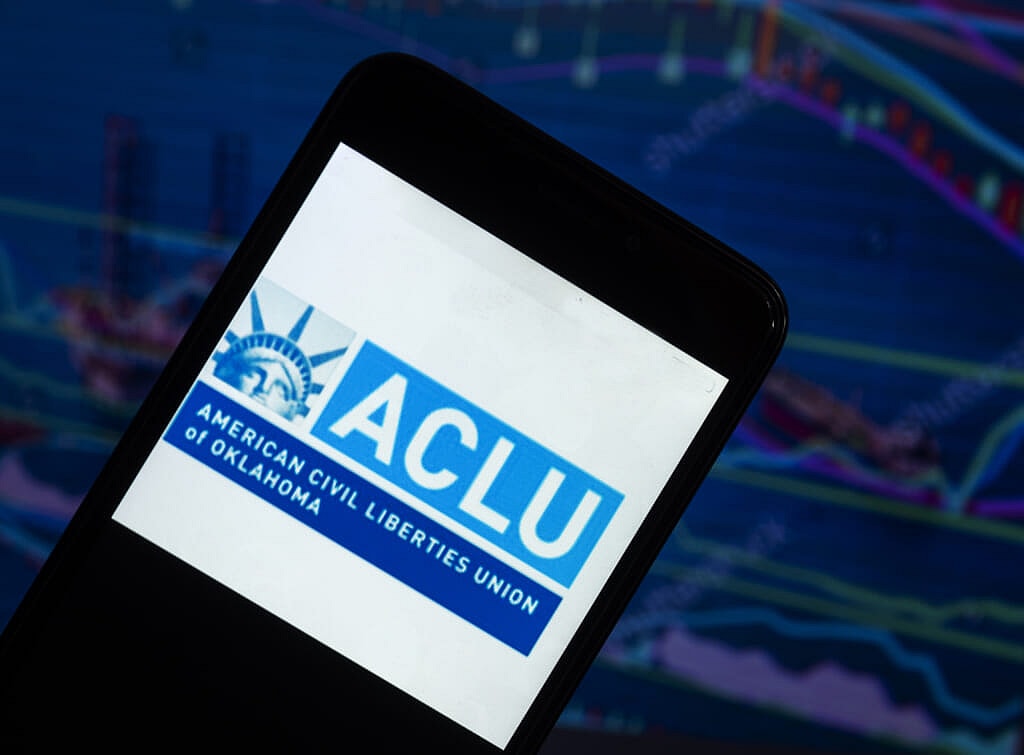The American Civil Liberties Union (ACLU) has long championed the constitutional rights of all Americans, which include freedom of speech, freedom of religion, and one’s right to privacy. This week, the nonpartisan organization launched its multi-year initiative, Systemic Equality, which specifically challenges the Biden-Harris administration to bring forth policies that will address the needs and concerns of Black and Indigenous citizens across the nation.
Read More: Biden considers Dr. Lisa Cook to be first Black woman on Federal Reserve Board: report

The Systemic Equality plan also definitively targets America’s history of racism and oppression by way of working to strike down discriminatory laws that present barriers to the people they harm most. Coupled with advocacy efforts on the local level, Systemic Equality will also aim its efforts in dousing the still-warm embers of Jim Crow across the South with a focused core of strategists and long-term planning.
Launched this past Tuesday (Feb. 9), the ACLU has challenged the White House to sign an executive order that will empower the U.S. Justice Department to examine and monitor voting rights violations in every U.S. attorney office across the land. As evidenced by the last major election cycle, participation in the civic process was hindered by a number of unlawful restrictions at the state and local level.
Read More: ACLU names Deborah Archer as 1st Black president in 101-year history
A voting rights enforcement program with all 93 U.S. attorney offices joining the effort is among the top priorities of the Systemic Equality plan. This includes honoring the votes of imprisoned individuals in federal jail, and to combat the overuse of gerrymandering and how it puts Black and Indigenous voters at a significant disadvantage.

Lastly, in connection with the electoral process, the ACLU hopes that the 117th U.S. Congress will pass the John Lewis Voting Rights Advancement Act which would bring up and a fair and equal voting system for all.
The term “Digital Divide” was introduced to the public some two decades ago, and the issue still exists as the 21st century roars on. With the ongoing pandemic shifting the traditional models of education from brick-and-mortar institutions to a virtual model, the ACLU believes that broadband access should be an affordable and available option for all Americans.
With around 15 percent of American homes lacking broadband access, with a quarter of the grouping being Black households, a significant portion of the public is effectively frozen out of job opportunities and the ability to advance themselves via educational means. The ACLU is looking toward the Biden-Harris administration, the Federal Communications Commission (FCC) and Congress to construct tangible solutions and provide funding for universal broadband access.

Reparation activists have been fighting for decades to have their issues heard before Congress and this year, U.S. Rep. Sheila Jackson Lee (D-Texas) reintroduced the Commission to Study and Develop Reparation Proposals for African-Americans Act (H.R. 40) bill after its initial introduction in January 2019.
A thorough analysis of the effects of slavery on Black Americans could happen with the passage of H.R. 40, which would bring about the launch of a commission to study the benefits of reparations and create a path forward that resembles justice and equity for Black Americans.
Read More: Rep. Jackson Lee proposes commission to explore reparations for Black Americans
“To start healing and move toward real racial justice, we have to address not only the harms of the past four years, but also the harms tracing back to this country’s origins which is what our Systemic Equality agenda does,” ReNika Moore, director of ACLU’s Racial Justice Program, offered in a statement.

“Racism has played an active role in the creation of our systems of education, housing, voting, and employment, and virtually every other facet of life since this nation’s founding and we need new approaches to build systems based on equality.”
Rakim Brooks, ACLU senior campaign strategist adds, “Our goal is to urge the Biden-Harris administration and Congress to take immediate action to dismantle systemic barriers and take proactive steps to empower and improve access for Black and Indigenous people. We want to build a nation that lives up to its promise, where every person can achieve their highest potential, unhampered by structural racism.”
To learn more about ACLU’s Systemic Equality by following this link.
Have you subscribed to theGrio’s podcast “Dear Culture”? Download our newest episodes now!
TheGrio is now on Apple TV, Amazon Fire, and Roku. Download theGrio today!

